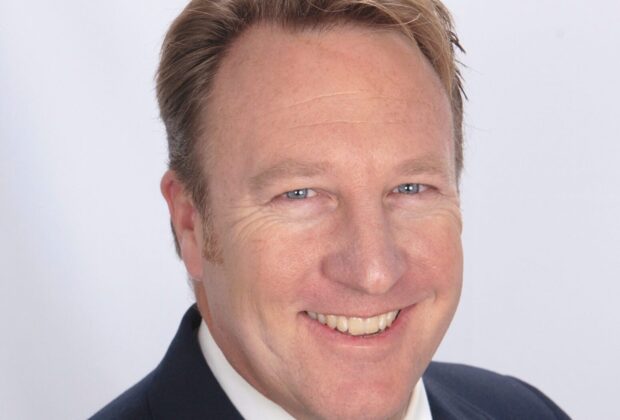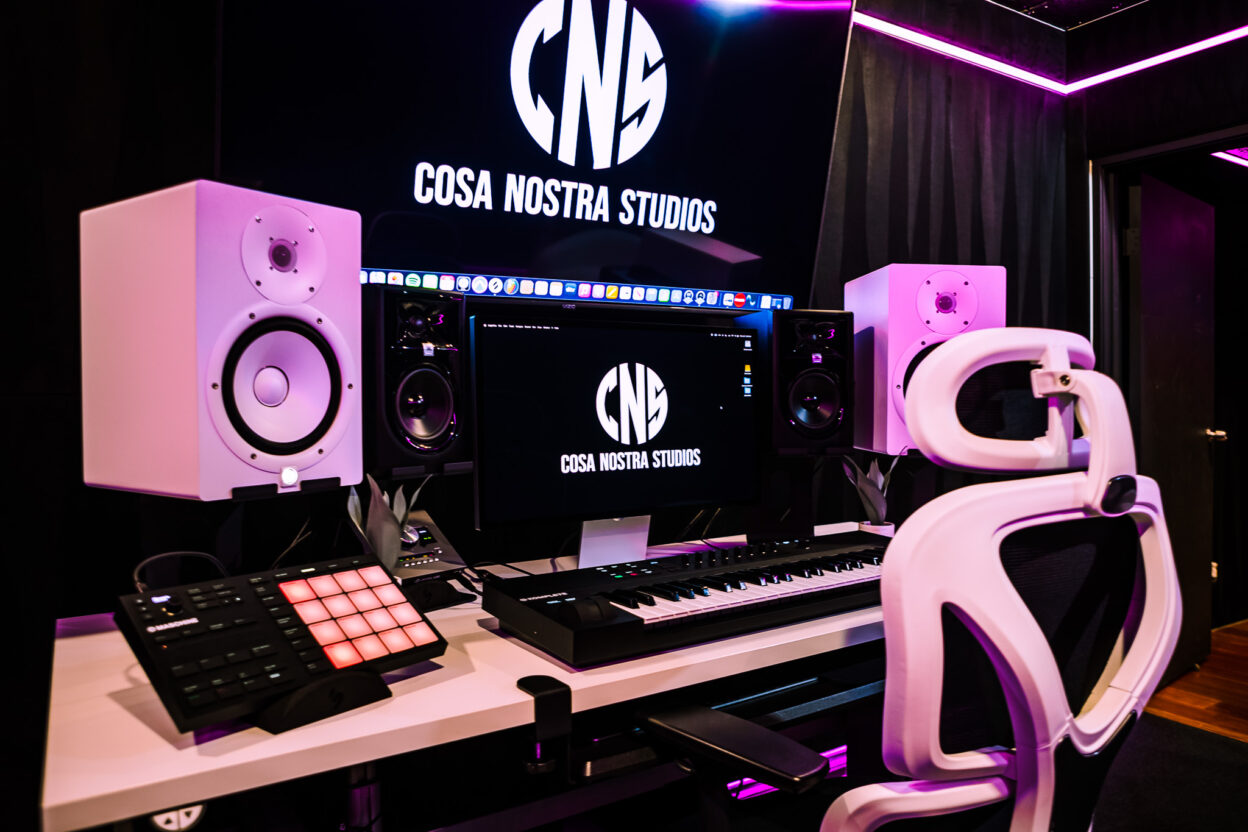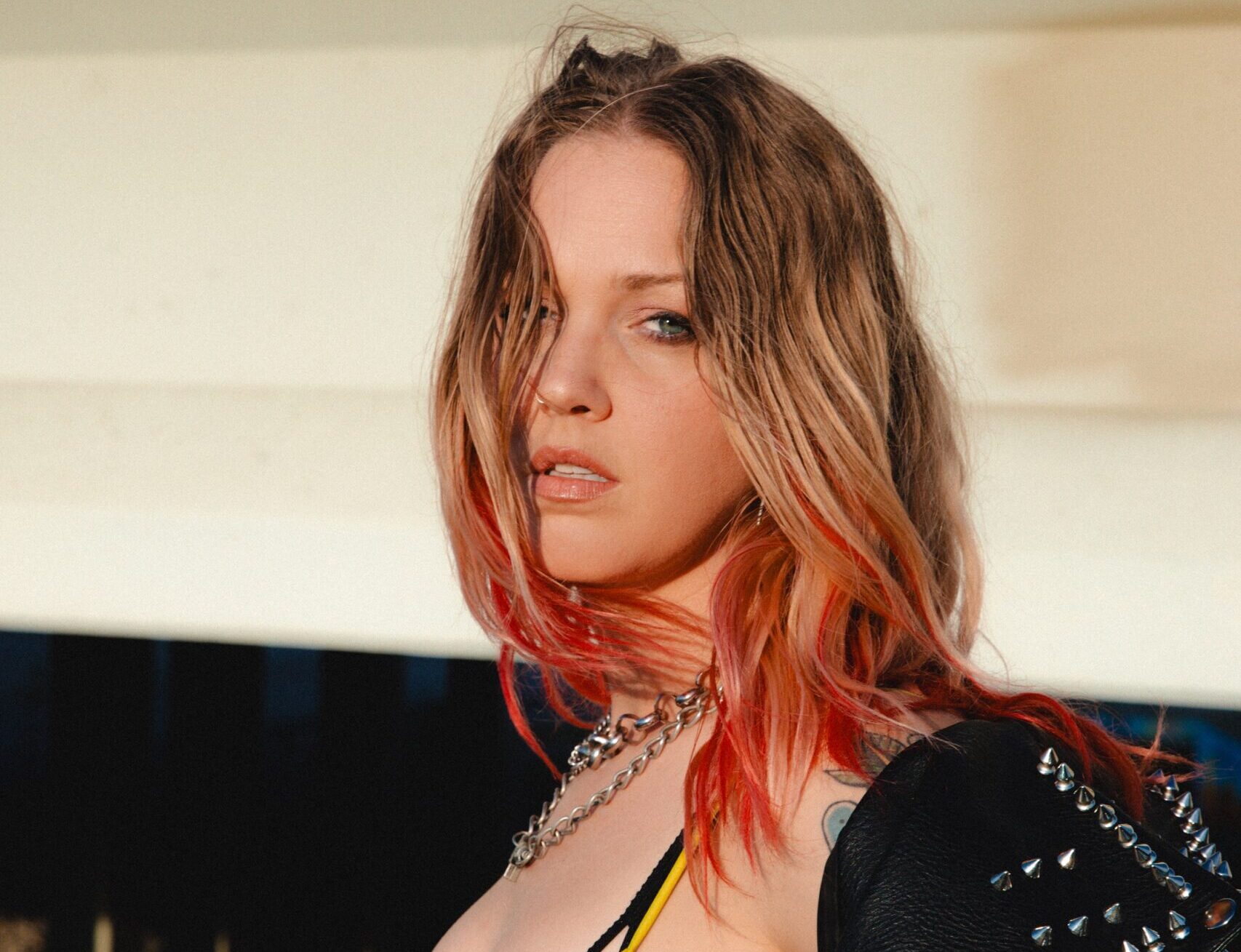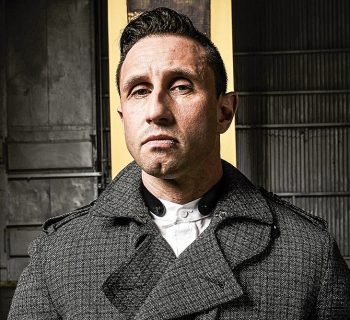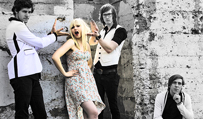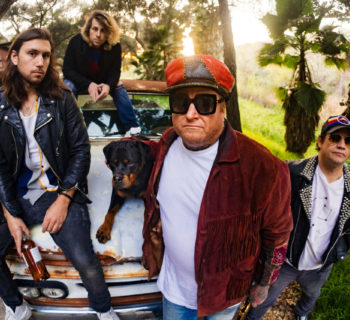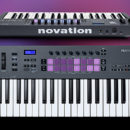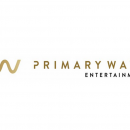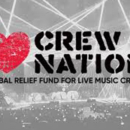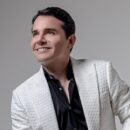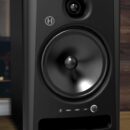Kurt J. Miner
Manager – ARC Entertainment, Allianz Risk Consulting, Entertainment Division
Allianz Global Corporate & Specialty
Years with Company: 10+
Address: 2350 W. Empire Ave., Burbank, CA 91504
Phone: Office: 818-972-3371; Cell: 626-523-3075; Direct: 949-520-7743
Web: agcs.allianz.com
Email: [email protected]
Publicity: Liam Collopy / Stanton, [email protected], 415-517-9760
Clients: Many of the world’s leading touring entertainment, music festivals/ concerts and similar live event companies.
BACKGROUND
Performing comes with myriad threats, including theft, illness, weather, and personal injury. Insurance makes sure financial resources are available after bad things happen. As the Managing Director of the Entertainment Division at Allianz Risk Consulting, Kurt Miner provides financial safety nets for artists so the show may go on.
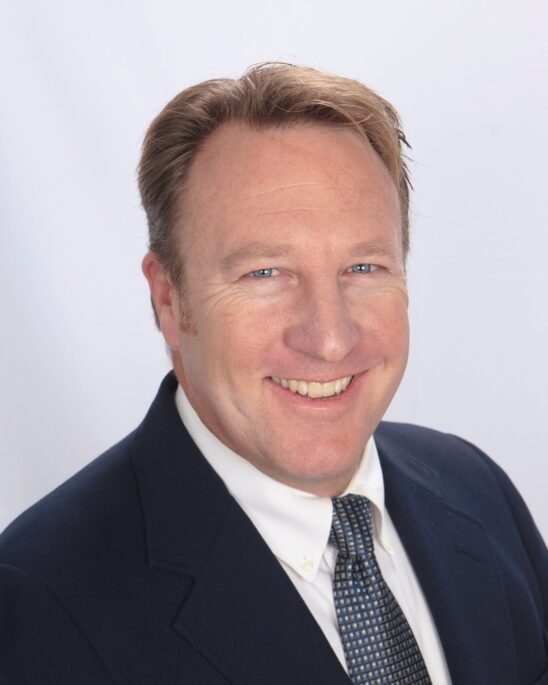
A History of Risk-Focused Employment
I started at Universal in the safety department back in the late 80s. From there, L.A. County Fire Department hired me as a firefighter. I subsequently worked there, as well as being a helicopter pilot. Through the time I was there, I worked in live television and events. That was my off-duty job. After my service, I came back fulltime working for Fireman’s Fund [Insurance Company] and now for Allianz.
I was a stunt driver. I was a factory driver for Porsche and BMW. I’m also a Marine captain. All those crazy things have led me to where I am now.
Insurance for Acts Big and Small
Even for a band that’s touring out of a van, we suggest getting insurance. The policies are relatively affordable, and it can cover equipment if there is theft or failure.
When you get into the major acts, just their stage package is a couple million dollars. For an artist touring with 30 semis, we’re getting into not only the materials but also how they’re setting up.
Insuring Reputations
We’re looking at what [our clients’] reputational risks might be, if they’re doing something that doesn’t look good in the public eye. We’ve turned down artists that were not in alignment with the views of board members, because [the artist’s behaviors] can theoretically be a reputational risk.
Choose a Specialist Broker
Pick a broker that has knowledge within your area. A lot of times, [artists] will have people insuring vehicles for them or maybe their homes, and they have a relationship with them. They use that person to place some of these coverages that may not be adequate. And typically they are pricier than if you went to an entertainment broker that specializes in those things.
Some policies won’t cover the actions that the insured is doing. And when it comes time to pay that claim, they find out their policy didn’t cover that. So seek out a broker that specializes in your business.
Contingency Insurance
If you are unable to complete a show due to damage to equipment or a vehicle, or a band member becomes ill or has to take leave, there are policies that allow you to hedge that situation. You can theoretically get paid for those times. Contingency insurance can be somewhat pricey, but it can be beneficial when your tour gets cancelled and you’re not able to have that income.
Covering the Right Risks
Does a tour consist of local dates or is it international? Where is the equipment going to be stored? How are they traveling? Is [the equipment being] traveled by van? Is it by semi? Is it by 20 semis? All of those things factor into coming up with premiums and coverages.
Some clients like to have a lot of insurance. Some go a little leaner due to budgets and other constraints. Property insurance may cover if your stuff gets stolen out of a hotel room, but not if it’s damaged during a performance, vehicle crash or rain.
Looking at Algorithms
We have smart individuals that do actuarial studies on claims and frequency modules to assess risks. And then we pick good risks, all the way down to the artist and their history. Some artists behave better than others. We take that into account—what kind of risks do they pose to themselves?
Hands-On Risk Assessment
We go to about 40 to 50 festivals a year. We review the engineering schematics for stages, the exiting, whether it’s a standalone area in a field or a major stadium in a city. We’ll look at the footprints of those outlays. We are one of the only [insurers] that will field verify with production that what they’ve put on those [blueprints] is what they’ve created.
Giving Guidance
We work with clients to value-add our services. I have brokers who call and say, “Are you coming to this festival this weekend?” And I’m saying, “You guys moved that business to another carrier.” And they’re like, “Yeah, but we still want you guys to come out,” because we help them be successful. We see a lot of things they normally wouldn’t see, so they value our services.
Real-Time Crowd Monitoring
We partner with CCTV companies. Larger productions have the budgets to use cameras. And we give them incentives, sometimes through breaks on premiums, depending on their history and who’s running the shows.
I am able to sit at my desk and monitor sometimes two or even three festivals. Maybe there’s a fence down. Next thing you know, people are climbing to an area they’re not supposed to be. I call their command post and say, “I’m looking at a fence and people are climbing over.” If I was on site, I wouldn’t have been able to find that.
Social Media Data
We have systems that capture every text and picture [going to] TikTok, Instagram, and Facebook out of a festival. We’re able to look for certain words. We’ll put in “gate” or “rush” or “crowds” and a bunch of texts will pop up saying, “We’re going to bum rush Gate 5.” And you see a group of thre–hundred people getting ready to do it. We’re able to mount a crew of police or security people and that crowd disperses.
Run the Math
Insurance is one of the best things to protect you from things that are unseen. There are large contingents that self-insure, because they’re able to hedge those risks. You kind of have to do the numbers and say, “What element of risk am I willing to take, and what’s the potential loss?” Or, “If I’m going to lose $5,000 worth of equipment but my policy premiums are more than that…” It boils down to seeing what makes the most sense.
Be Cautious
Just because you trust your team, it doesn’t mean you don’t need to think for yourself. And if something’s not safe, you need to say, “I’m not performing.” At the end of the day, the artist’s name is the one that will be associated with an issue. It typically won’t be on ABC Production Company. It will fall back to the artist, because that’s what’s newsworthy. So look out to protect your name and brand. Use your intuition. You need to be cognizant that if someone in your audience gets injured it is going to be front-page news.

